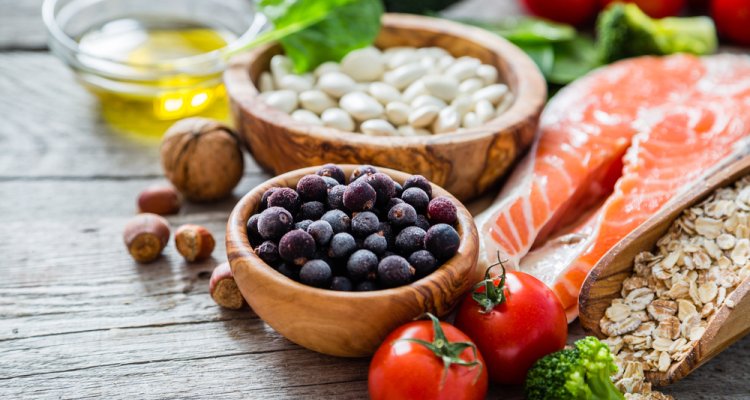
Project
1.3 Effective strategies to support healthy nutrition choices
Vulnerable groups such as consumers with a low SEP (SocioEconomic Position), show higher obesity rates and are more vulnerable to events like COVID-19 (Onwezen & Galama, 2021). Moreover, these vulnerable groups are often difficult to reach, and interventions which are effective with other consumer groups, for example labeling, are found to be less effective in supporting healthy and sustainable consumer behaviour for vulnerable consumers (Onwezen et al., 2022).
And finally, interventions are sometimes less effective in reaching favourable health outcomes for consumers who have a lower SEP. Thus vulnerable groups show a triple burden: as current dietary patterns are more unhealthy and unsustainable, they are more difficult to reach with interventions that are currently developed and used and these interventions are less effective for them.
Based on a lifestyle approach and behavioural change techniques (Michie et al., 2011) this project aims to find novel impactful ways to support these consumer groups to access and consume healthier and more sustainable diets. We aim to develop interventions based on systematic steps (Onwezen, 2021) that support dietary behavior change. We add to the literature by exploring how existing knowledge can be used in the context of low SEP consumers, and by developing interventions strategies and tools that specifically target these low SEP consumer groups, and the relevant stakeholders within the food system.